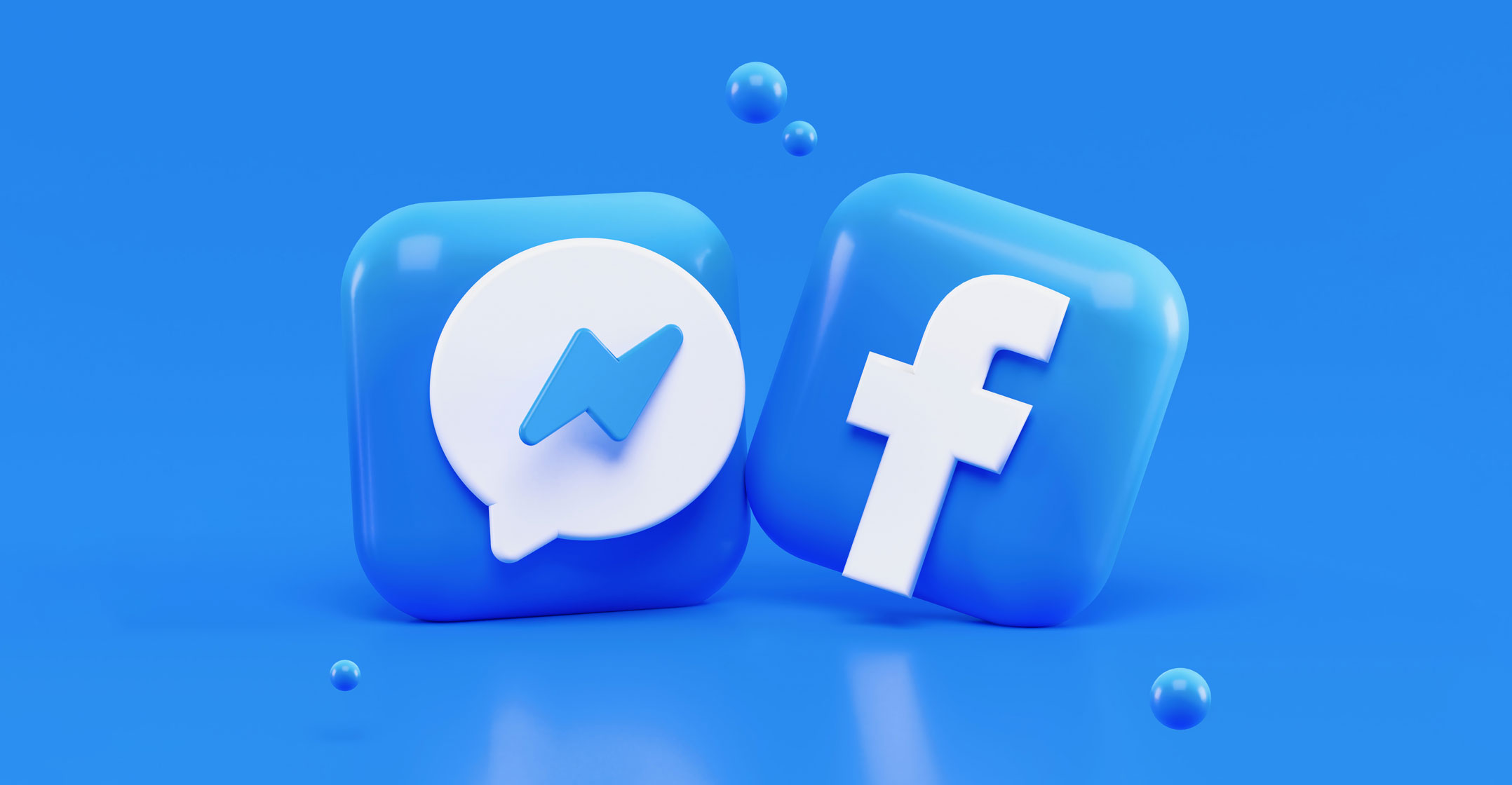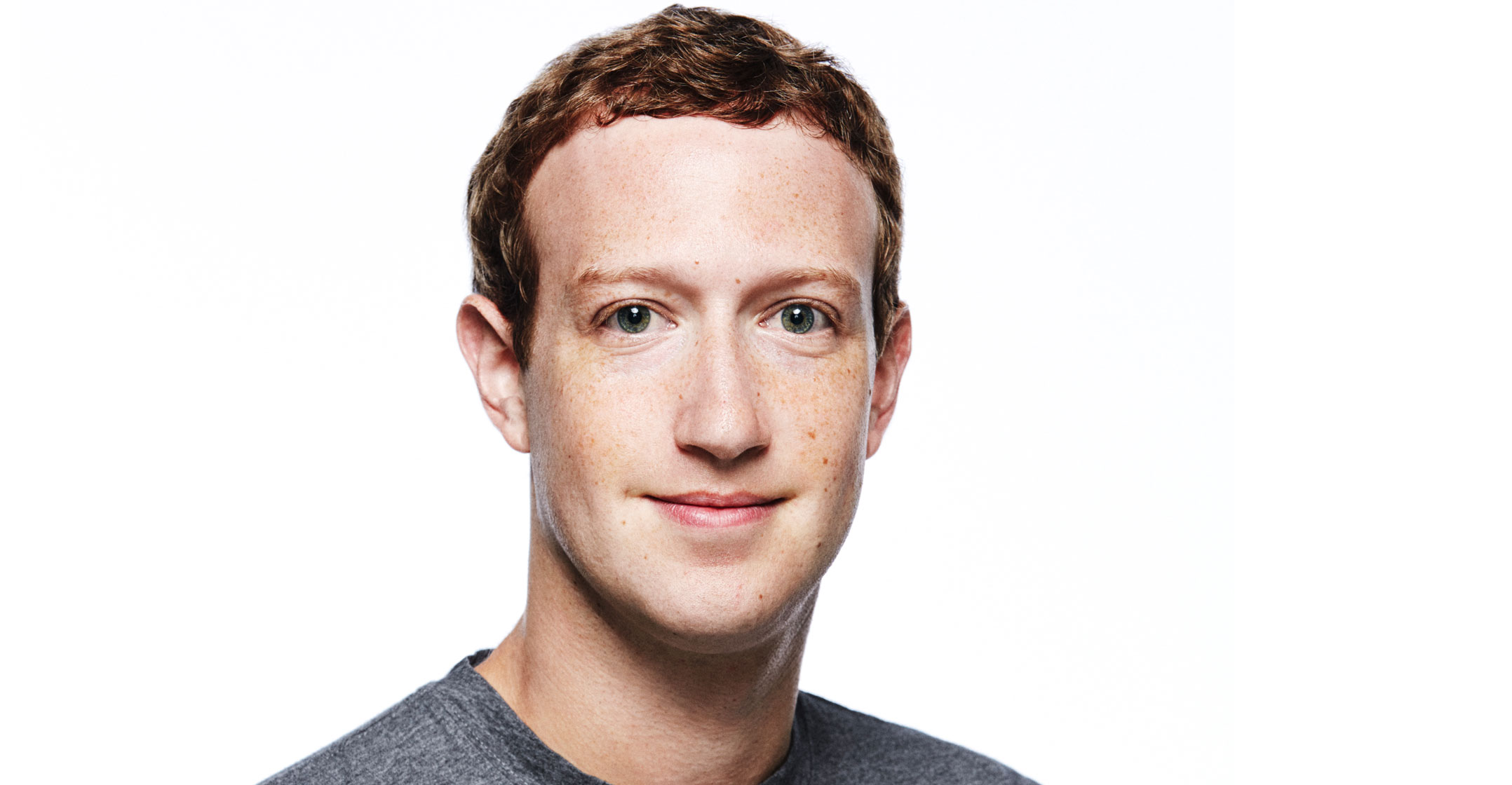
Facebook outlined plans to strengthen its advertisement systems and disclosed that about 10m people saw ads linked to Russian efforts to influence the 2016 US presidential election.
The social media giant said Monday it will add more than a thousand people to review the ads that run on its platforms. Additionally, the company said it provided information on about 3 000 relevant ads to US congressional investigators.
In September, the company said that accounts affiliated with Russia bought more than US$100 000 in election-related ads. That disclosure prompted a congressional probe, which now includes Twitter and Google. The companies have been asked to testify before the house intelligence committee later this month and the senate’s corresponding committee on 1 November.
Two weeks ago, Facebook CEO Mark Zuckerberg announced an overhaul to the rules around political ad spending and said the company would add 250 employees to work on election integrity. “I don’t want anyone to use our tools to undermine democracy,” Zuckerberg said in a video message.
While Facebook said it was bulking up the staff that review ad spending, it declined to offer details on the process. The company also introduced several updates to the ad-buying process, including tighter restrictions on content and improved rules to force advertisers to demonstrate their authenticity before they can make purchases.
Had these measures been in place prior to the election, “we believe we would have caught these malicious actors faster and prevented more improper ads from running”, Facebook vice president of policy and communications Elliot Schrage wrote Monday in a blog post. He added that for half the ads, less than $3 was spent, and that $1 000 or more was spent on less than 1% of the ads.
Hearing
US representative Adam Schiff, a California Democrat and the party’s ranking member on the house intelligence committee, isn’t sure whether Facebook’s announced changes will make a difference.
“If foreign countries are advertising in a way that is designed to divide us, as a lot of these ads were, is that something that, number one, they are going to be able to discover?” Schiff said. And if so, he asked, can the social media platform then stop and expose the action?
“I don’t have the answers to those questions. But I think those are some of the things we’re going to want to ask during the hearing,” Schiff said.

Facebook declined to expand on the nature of the ads found beyond its 6 September blog post that said “the ads and accounts appeared to focus on amplifying divisive social and political messages across the ideological spectrum — touching on topics from LGBT matters to race issues to immigration to gun rights”.
The company said its automated advertising system is designed to target users most interested in the topic of the messages. “But we know ad targeting can be abused, and we aim to prevent abusive ads from running on our platform,” Schrage wrote on Monday. “To begin, ads containing certain types of targeting will now require additional human review and approval.”
Facebook groups such as Defend the 2nd, targeting gun-rights supporters, the gay rights-focused page LGBT United, and even another to attract dog lovers, are suspected as having connections to Russia, The New York Times reported on Monday.
A decision on whether to release personally identifiable information, such as the names of people who liked posts made by the suspect accounts, is the prerogative of congress, indicating that no deal has been reached to keep such information private, according to a person familiar with the probe.
Schiff said he is “committed to making all of these ads public as soon as possible, working closely with Facebook to address any privacy considerations”.
“What Facebook has found thus far have been ads that were funded by money that could be directly tracked back to Russia and I think probably with respect to a certain group operating within Russia,” Schiff said. “So, to the degree that Russians funnelled money through third countries — that whole category we don’t have answers to that yet.”
Small piece of the puzzle
Facebook’s Schrage said it’s possible the company hasn’t discovered everything done on the platform by overseas interests to try to influence the 2016 election.
“We understand more about how our service was abused and we will continue to investigate to learn all we can,” Schrage wrote on Monday. “We know that our experience is only a small piece of a much larger puzzle.”
Schiff agreed that congressional investigators need to learn more about Russian efforts to influence the election on Twitter and through Google’s platforms. The disclosure by Facebook “is probably the smallest concentric of Russian activity and there could very well be a lot more”, he said. — Reported by Alex Webb, with assistance from Billy House, (c) 2017 Bloomberg LP




